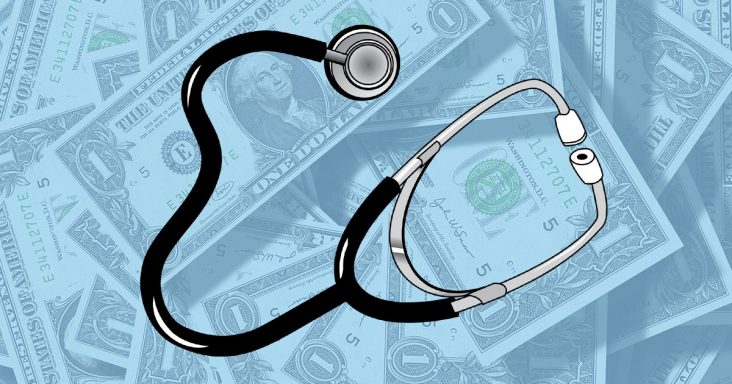UAMS researchers analyze financial burdens for cancer survivors
by May 3, 2023 7:45 pm 874 views

A research group led by the University of Arkansas for Medical Sciences (UAMS) found that female cancer survivors on public health insurance dealt with more financial strains than those on private insurance.
The study, Financial Toxicity Among Rural Women Cancer Survivors, analyzed responses from rural women cancer survivors who experienced financial hardships during and after cancer treatment. The researchers found that many survivors who had public health insurance suffered financial burdens related to basic household needs more than those survivors who had private insurance and collected more medical debt.
Rural women cancer survivors are more likely to experience financial strain related to basic household needs rather than medical debt, according to researchers from the UAMS Office of Community Health & Research.
According to the study, for patients enrolled in public insurance programs like Medicaid who are subject to fewer out-of-pocket medical costs, the financial burden of cancer treatment is a product of reduced ability to work and afford basic needs. As rural residents tend to have lower incomes and are more likely to be enrolled in Medicaid than those living in urban areas, rural cancer patients experience more non-medical financial strain.
“Financial hardships are a common ‘side effect’ of a cancer diagnosis and are experienced differently by each patient,” said Emily Hallgren, an assistant professor in the UAMS Office of Community Health & Research. “If we can better understand these financial hardships, then we can design better assistance programs and provide the help that many rural cancer patients need.”
Survivors who are younger, have lower incomes, are not married, and are unemployed or have recently changed jobs, are affected the most by cancer-related financial burden, research has shown.
In the U.S., cancer is one of the most expensive medical conditions to treat because it requires different and multiple treatments, which can force survivors to make hard financial decision, according to the National Cancer Institute.
UAMS researchers also found that the financial strategies survivors used, such as disability programs or assistance through Housing and Urban Development (HUD), were not easy to apply for or helpful in easing the financial burdens they experienced. One patient stated, “You have to be practically homeless before you can get any help.”
Participants who took on medical debt, but were able to afford basic living expenses, generally used payment plans or payroll deductions if available.
The American Cancer Society estimates that Arkansas will see more than 18,000 new cases of cancer this year. According to the Arkansas Department of Health, 41% of the state’s population live in rural counties and nearly half of Arkansas residents have health insurance through a public program like Medicaid or Medicare.
